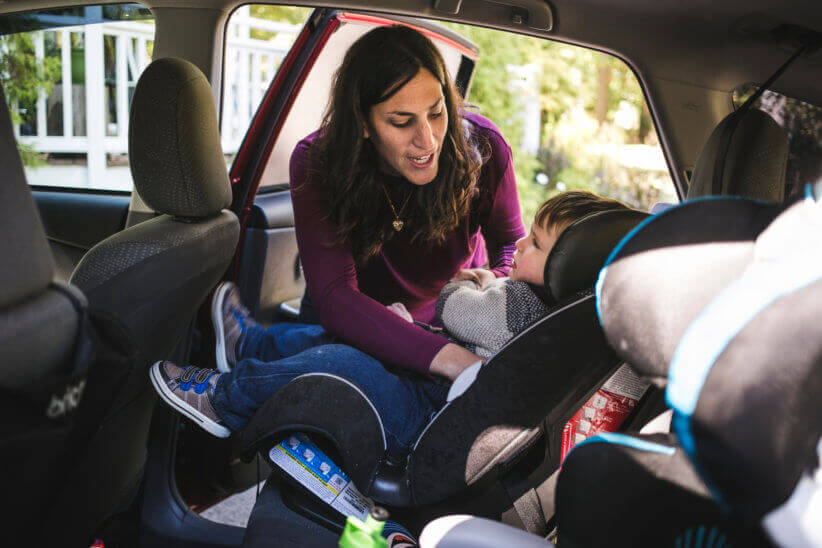In our environmentally conscious age, anyone who wants to be considered enlightened has to demonstrate concern for endangered species. So we hear a lot about the plight of the panda and the polar bear. We hear a lot less about the real endangered species: humanity.
Many young people I meet as a rabbi seem to be doing everything during their reproductive years except reproducing. Close to half the planet (including most of Europe, East Asia, and many Central and South American countries) has a fertility rate below replacement. America is barely at maintenance level, and new census data shows our population growth at its lowest level since the Great Depression.
Back in the 1970s, overpopulation was the global warming of its day. The average man or woman wasn’t really sure how or why, but experts told them the planet couldn’t support more people, and that was good enough for them. It was the subject of a Time magazine cover story, so it had to be true. In one episode of “All in the Family,” Archie Bunker’s daughter and her hippie husband, “Meathead,” explained their (short-lived) decision to remain childless with the then-fashionable alibi that it would be a crime to bring another child into this horrible world.
But as a chorus of demographers have pointed out, those experts’ doomsday predictions didn’t come true. Not only is there enough food to sustain the world’s population, but food prices are declining while distribution has improved exponentially.
Economist Amartya Sen won a Nobel Prize for proving that famines aren’t caused by natural droughts, but instead by all-too-human political corruption. Another Nobelist, Simon Smith Kuznets, demonstrated that “more population means more creators and producers, both of goods along established production patterns and of new knowledge and inventions.”
Having a child has an impact that far outweighs that of energy-saving behaviors, but education — rather than annihilation — must be the answer. Families with children don’t necessarily place the burden on the environment that critics say they do, especially in urban areas such as the one in which I live. Urbanization is being hailed by many as the wave of the future. Big cities are no longer the polluted centers of waste and disease they once were when they were reviled in the early days of the Industrial Revolution. Due to population density, public transportation, and municipal green energy initiatives, many American cities have smaller carbon footprints than some rural areas.
The same logic applies to families compared to single adults living alone. Think about it: my family of four children doesn’t have six separate tubes of toothpaste going at once. My family is a little city in the big city. Children really are cheaper by the dozen. Economies of scale kick in. It’s just a matter of throwing a little more pasta into a larger pot. The more children I have, the more I recycle. After all, we need only one changing table at a time, and my younger son doesn’t know or care that he’s wearing his older brother’s clothes.
One of the best ways to reduce the cost of parenting is to reach out to family and friends. Your co-workers with older children will be thrilled to get those used cribs and baby clothes out of their houses or garages.
Driving my wife and kids in one vehicle uses up no more gas than a single person tooling around in the same car. We vacation together, eat together, shop together, and so on. Families can learn to conserve their limited resources. We embrace stewardship of the Earth, and as a result try to buy only used cars, as well as used appliances.
My children and I are learning how to care for planet Earth by reading “Curious George” together, as our family’s favorite fictional monkey learns to “reduce, reuse, and recycle.” I hope to send them out into the world with a healthy regard for the environment as well as other human beings. It seems to me that many well-meaning eco-warriors care about the environment only, not the people in it, and that doesn’t seem very balanced to me.
If we teach children about healing our planet and conserving resources, they will do that when they’re grown up, too. Thus, children and the environment are not mutually exclusive. Having children and caring about the environment don’t cancel each other out. In fact, they go hand in hand.
Rabbi Simcha Weinstein is a best-selling author who recently was voted “New York’s Hippest Rabbi” by Channel 13 in New York. He chairs the religious affairs committee at Pratt Institute, and recently published the book, “The Case For Children: Why Parenthood Makes Your World Better.”






















